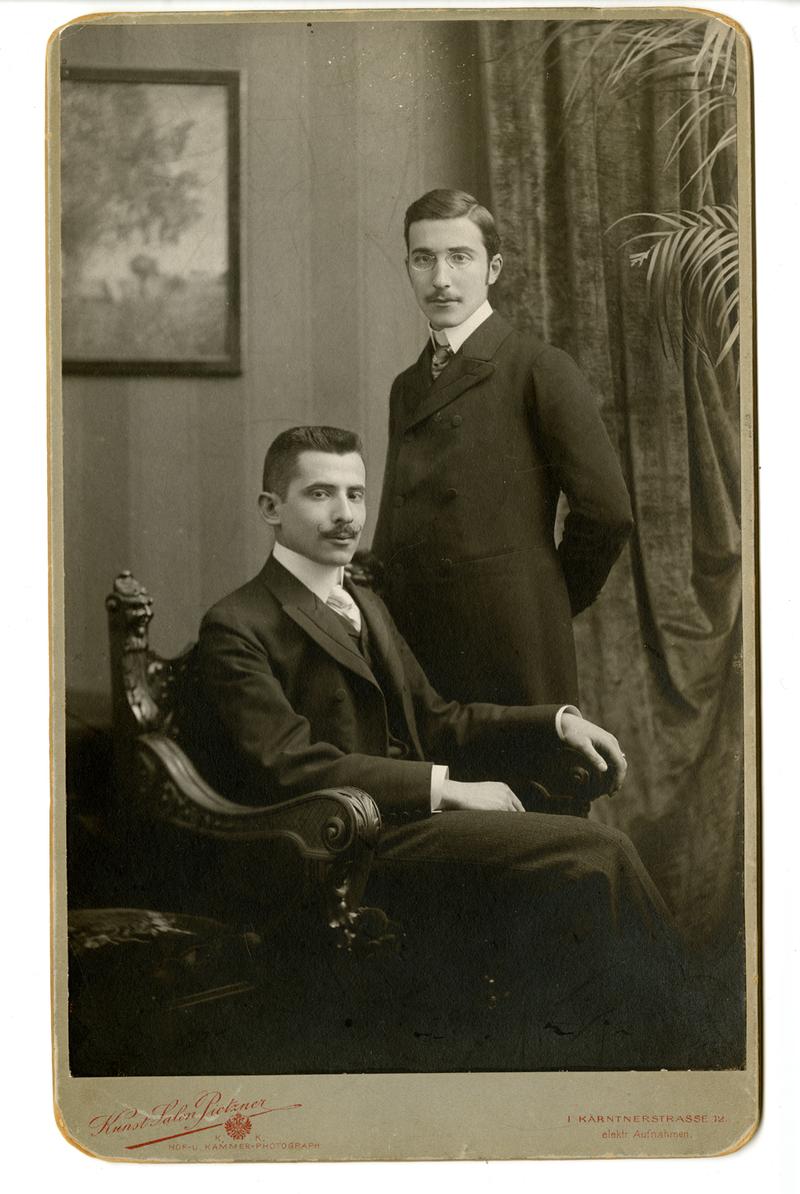
By the 1930s, Stefan Zweig had become the most widely translated living author in the world, and his novels, short stories, and biographies became instant best sellers. But after Hitler rose to power, Zweig, who had dedicated so much energy to promoting the arts and international humanism, became an increasingly isolated exile. He moved from London to Bath to New York City, then Ossining, Rio, and finally Petrópolis—where, in 1942, he killed himself. George Prochnik tells the tragic story of Zweig’s extraordinary rise and fall. His biography The Impossible Exile: Stefan Zweig at the End of the World reveals how Zweig’s story is a symbol of the implosion of Europe as an ideal of Western civilization.
